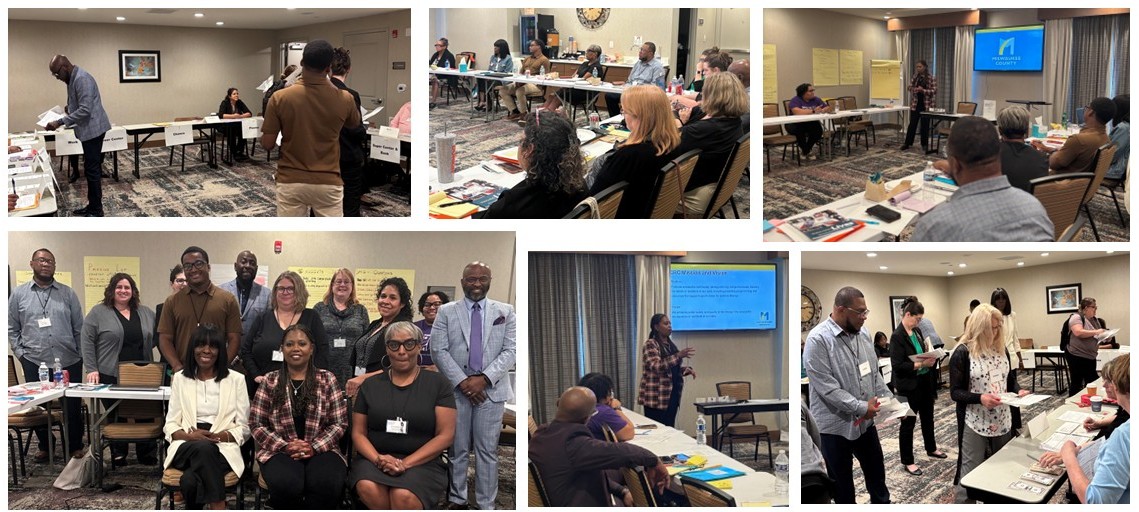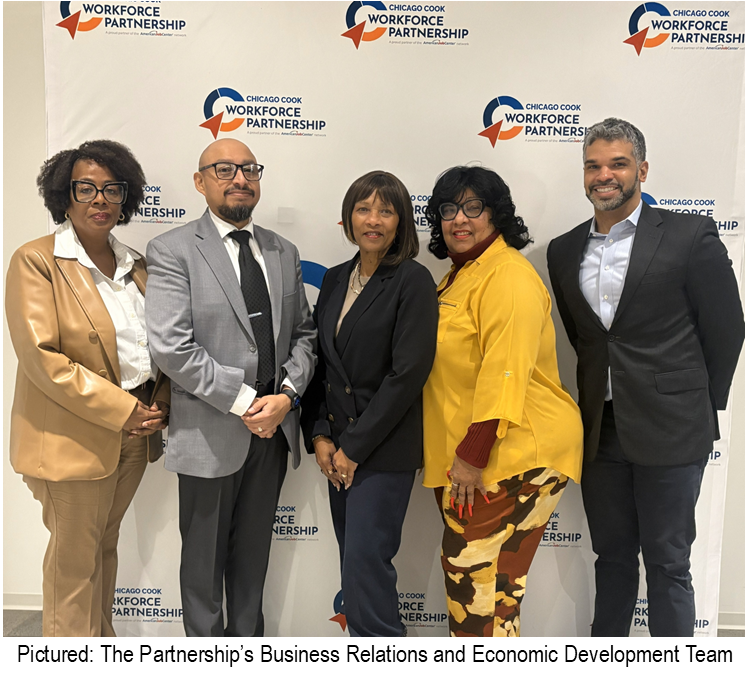Midwest Urban Strategies Hosts Pathway Home 6 New Grantee Orientation
From September 9 to 11, 2025, Midwest Urban Strategies (MUS) brought together workforce development boards, community partners, and correctional stakeholders for the Pathway Home 6 New Grantee Orientation (NGO) in Milwaukee, Wisconsin. Over three days, participants built a community of practice based on shared values, mutual accountability, and the belief that redemption is possible. The orientation started with a welcome and icebreaker, followed by the TEDx Talk, "We've Made Coming Home from Prison Too Hard." The week emphasized a key truth: successful reentry involves more than just programs; it requires shared purpose and collective effort. Sessions focused on recruitment and enrollment, case management, employer engagement, and data-driven performance. Participants examined how partnerships can shift from mere compliance to genuine collaboration where communication, trust, and consistency lead to meaningful results.
Day One focused on partnership management and financial integrity, exploring how to align resources and ensure accountability. The day wrapped up with a networking event that encouraged sharing insights and building relationships, establishing a foundation for ongoing collaboration.
Day Two expanded on partnerships for corrections, discharge planning, and holistic case management, emphasizing that each data point tells a human story. Tools like timelines, projected outcome charts, dashboards, and scorecards were introduced not only for tracking metrics but also for documenting progress and celebrating growth. A thoughtful discussion on sustainability and overcoming barriers encouraged grantees to approach challenges with innovation and persistence. A highlight was a session led by David Faro, MPA, CGSP, Senior Manager of Workforce and Business Development at the National Restaurant Association, who explained how workforce boards can collaborate with the association through a sectoral strategic approach. His presentation demonstrated how national industry partners can provide opportunities for justice-involved individuals and strengthen local employment pipelines.
VisionZ also showcased its credible messenger model and training curriculum, highlighting the transformative impact of lived experience in supporting successful reentry. Their approach emphasized the importance of authenticity, mentorship, and community trust in helping participants navigate change.
The final day featured an immersive Reentry Simulation, led by the MUS Reentry Department, giving participants a firsthand look at the challenges faced by returning citizens as they rebuild their lives. The experience highlighted the importance of empathy and the role of supportive systems in helping individuals overcome barriers.
A powerful session was followed by Superintendent Chantell Jewell of Milwaukee County's Community Reintegration Center, who shared how the CRC provides community support and engagement to reduce recidivism. Her remarks emphasized that reentry success is not only about systems; it thrives through human connection, family support, and compassion.
The event wrapped up with sessions on data collection, quality assurance, and reporting cadence, reminding participants that data is more than just a compliance tool; it’s a way to tell stories, measure growth, and drive improvement. By linking data to purpose, grantees were reaffirmed that accountability and empathy can work together to foster transformation.
As the NGO concluded, participants left inspired and equipped with actionable strategies to strengthen reentry success in their communities. Together, they reaffirmed that this work is about more than helping people return home; it is about assisting them to rebuild, reconnect, and realize their full potential. Through collaboration and collective expertise, MUS and its partners continue to model what it means to believe in redemption and work each day to bring it to life.






